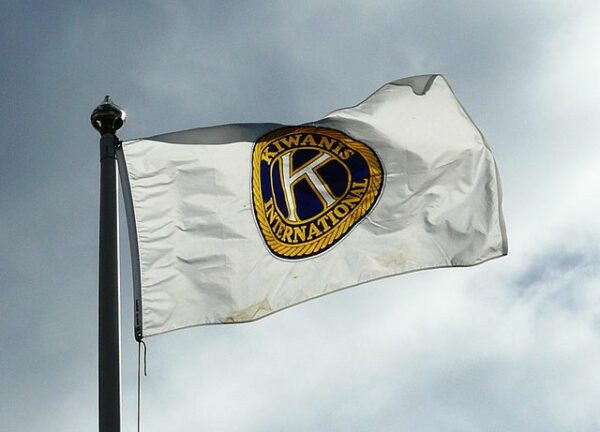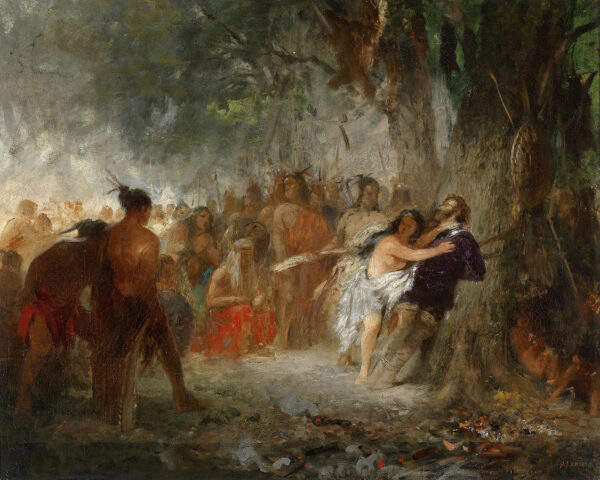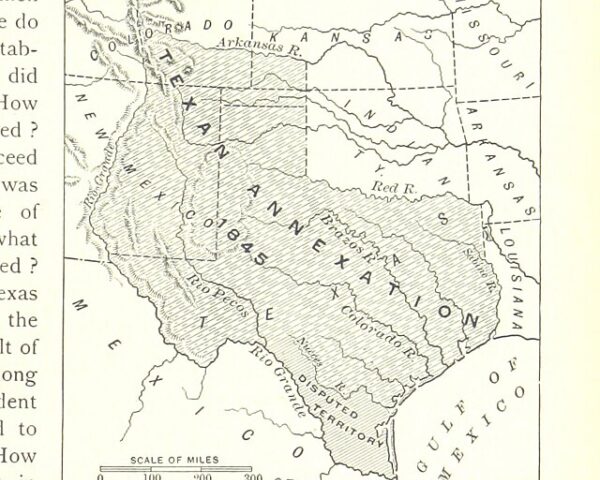On January 21, 1914, a group of businessmen in Detroit, Michigan, recognized the need for a civic organization focused on community service. Kiwanis International was born. The founding members, led by Allen S. Browne, established Kiwanis as an organization dedicated to community improvement and service to children. The name “Kiwanis” was derived from an Ojibwe expression, “Nunc Kee-wanis,” which means “we trade” or “we share our talents.”
Kiwanis grew rapidly in the following years, expanding beyond its initial Detroit roots. The organization adopted a formal structure in 1916, establishing the first Kiwanis club outside of Michigan in Cleveland, Ohio. The principles of Kiwanis emphasize fellowship, community service, and the development of a spirit of understanding among people. The focus on service to children soon became a central tenet of Kiwanis’ mission.
As Kiwanis continued to expand, it became an international organization in 1919 with the formation of the Kiwanis Club of Hamilton, Ontario, Canada. This marked the beginning of Kiwanis International, and the organization’s reach extended globally. Kiwanis clubs were established in various countries, each contributing to the overall mission of improving communities and the lives of children.
Over the years, Kiwanis has evolved to address changing needs in society. The organization has been involved in various projects and initiatives, including supporting healthcare, education, and youth development programs. Kiwanis International has also been a key player in fundraising efforts for charitable causes. The spirit of volunteerism and community service continues to be at the core of Kiwanis, making it a respected and impactful organization with a rich history of making a positive difference in communities worldwide.






